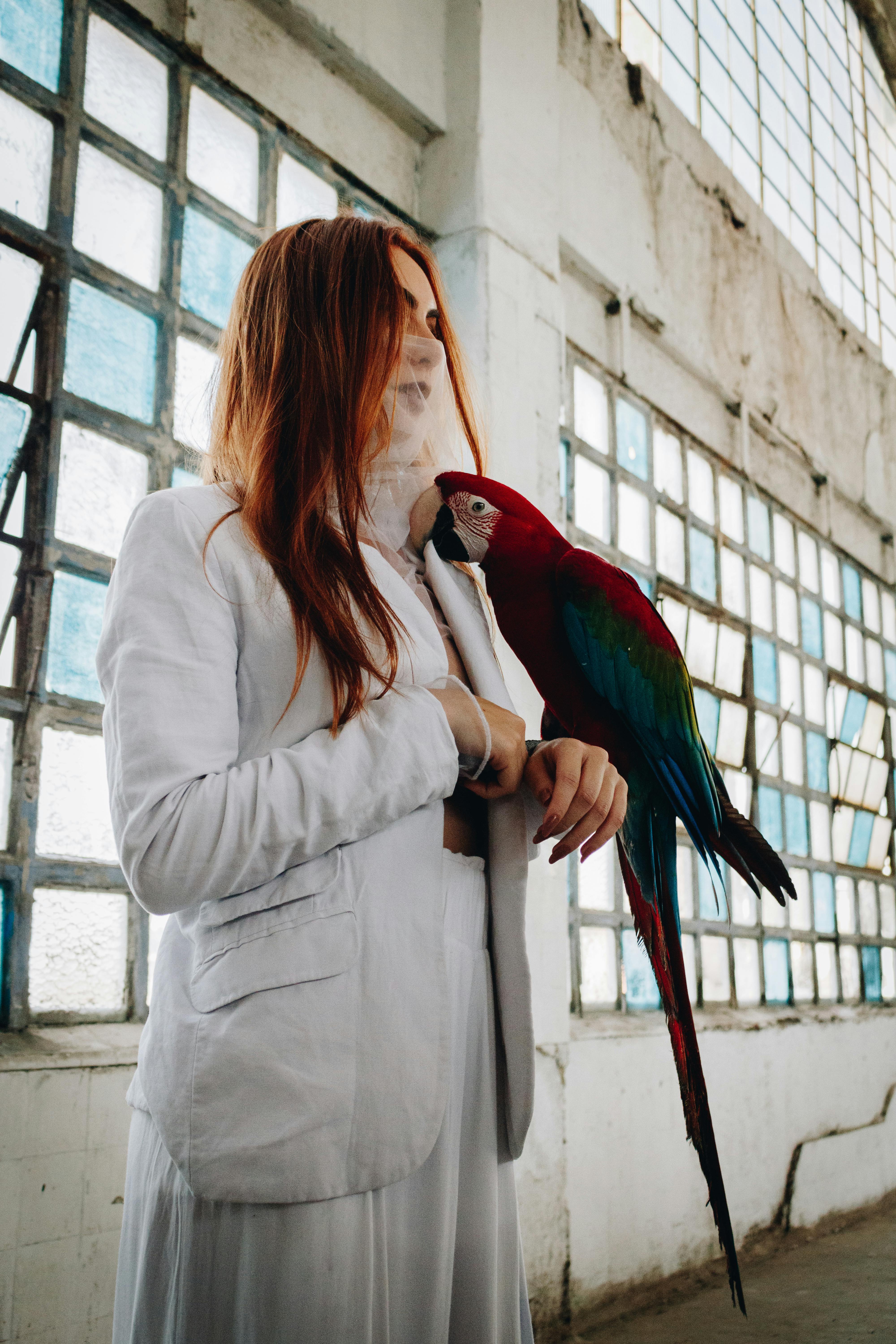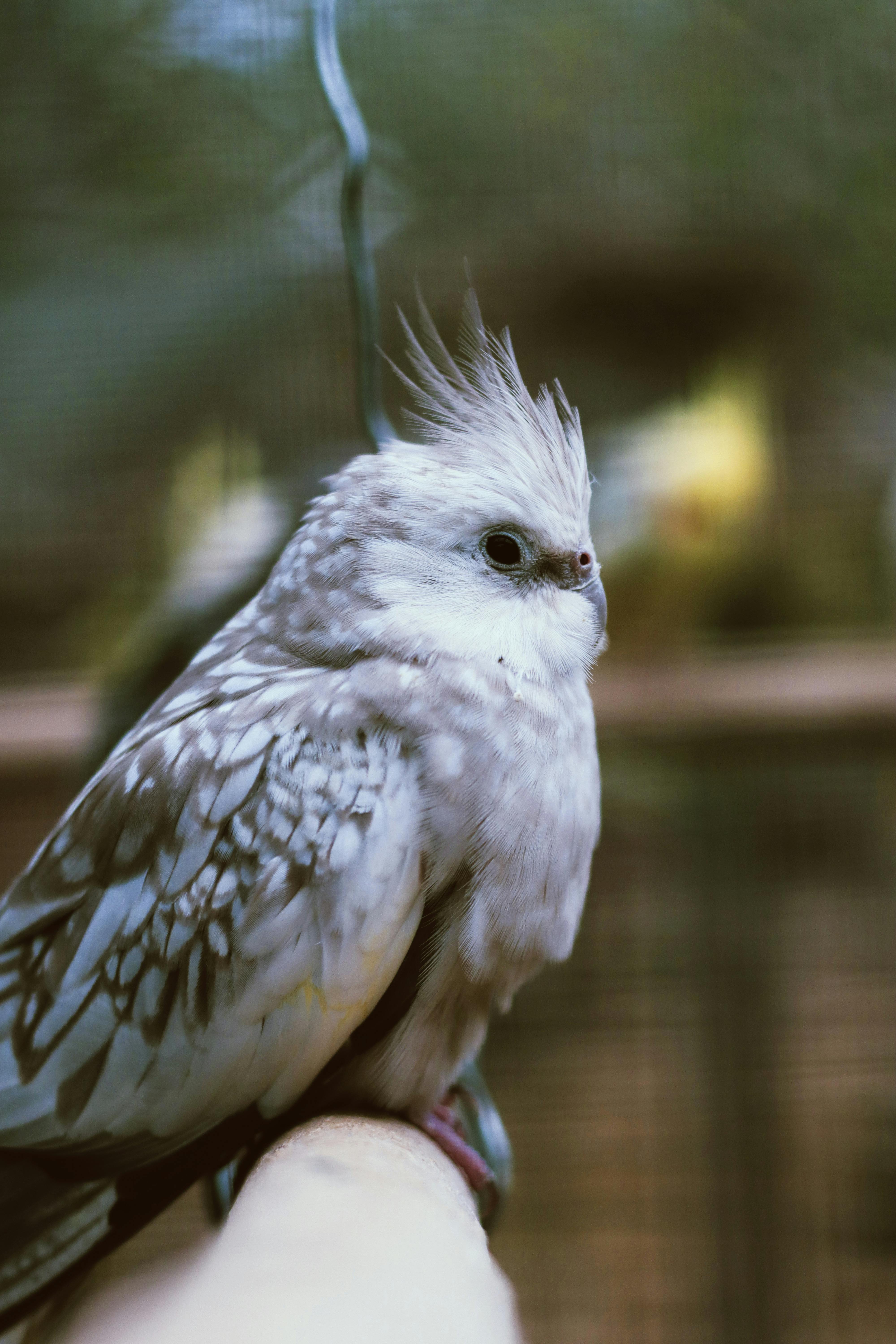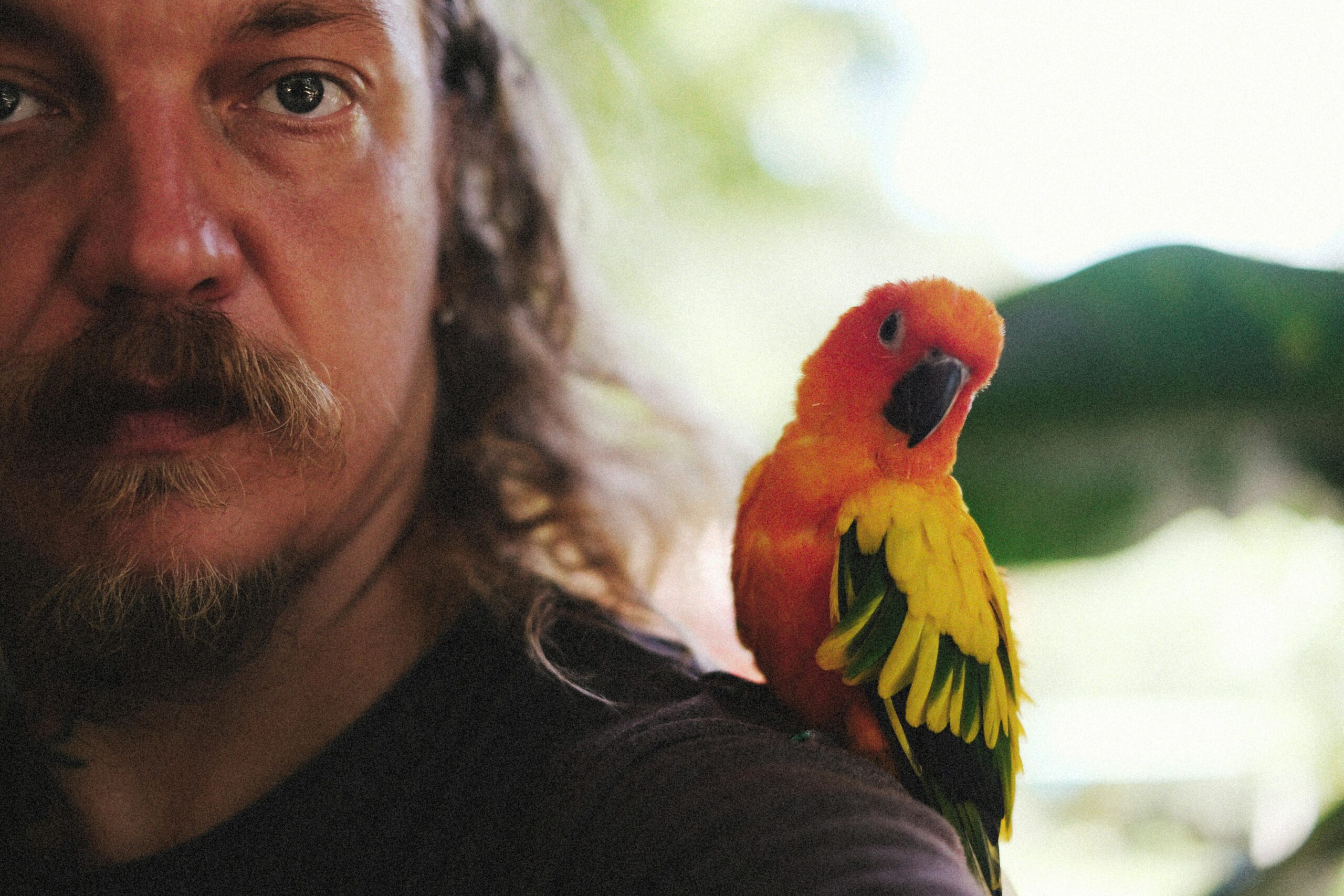How to Properly Care for Your Pet Parrot in 2025: Essential Tips to Ensure Optimal Health
Taking care of a pet parrot is an enriching experience that combines joy, responsibility, and a deep understanding of avian needs. Parrots are not just colorful companions; they are intelligent and social creatures that thrive in a nurturing environment. Whether you own an exotic pet parrot or are considering adopting one, understanding how to properly care for them is paramount in ensuring their optimal health.
The world of parrots can be overwhelming, given the variety of species and personalities. From small parrot pets to large parrot breeds, it’s essential to learn about their specific needs, dietary requirements, and socialization skills. As their owners, you play a crucial role in their well-being, impacting everything from their mental stimulation to their physical health.
This article serves as a comprehensive guide to caring for your pet parrot in 2025, covering essential topics such as parrot nutrition, training techniques, habitat needs, and social behavior. It will also provide you with practical tips to promote a happy, healthy, and engaging environment for your feathered friends. By the end of this guide, you’ll be well-equipped to ensure your parrot enjoys a rich and fulfilling life in your home.

Essential Nutrition Guidelines for Pet Parrots
Maintaining a healthy diet is integral to your pet parrot’s overall health and happiness. Parrots require a balanced diet that mirrors their natural feeding habits, which primarily consist of seeds, fruits, and vegetables. Adopting an effective feeding strategy will enhance their energy levels and support their immune systems.
Understanding Parrot Dietary Needs
Each species of parrot has different nutritional requirements. For instance, larger parrot breeds such as Macaws may require more protein compared to smaller parrot pets like Budgerigars. A staple diet should include pellets specifically designed for parrots, as well as fresh fruits and vegetables, which act as excellent sources of vitamins and minerals. Be cautious with offering seeds, as they can be high in fat and should not be the primary food source.
Homemade Treats for Your Parrot
Creating homemade parrot treats is a fun way to bond with your pet while ensuring they receive nutritious snacks. Ingredients like nuts (in moderation), fresh fruits, and vegetables can be combined to make engaging and healthy treats. For example, try mixing apples with small pieces of nuts for a delightful yet healthy snack. Remember to monitor their portion sizes to prevent obesity.
Importance of Fresh Water
Just like humans, parrots are predominantly made up of water; therefore, providing fresh water daily is crucial. Change their water at least once a day, and ensure that their drinking vessel is clean. Dehydration can lead to serious health issues in parrots, so always prioritize hydration.

Creating a Stimulating Environment for Your Parrot
Building an environment that encourages physical and mental engagement is vital in preventing boredom and behavioral issues. Parrots thrive in spaces that replicate natural habitats, allowing them to explore and exercise. Your setup should include plenty of toys, perches, and safe spaces for socializing.
Interactive Parrot Toys
Investing in a variety of interactive parrot toys can provide mental stimulation and entertainment for your pet. Choose toys that challenge coordination and problem-solving skills, such as puzzles or foraging toys. These types of toys can help keep your parrot engaged and reduce the chance of developing destructive habits.
Choosing the Right Cage
Selecting the right bird cage is equally important. Ensure the cage is spacious enough to allow your parrot to move around comfortably. It should have horizontal bars for climbing, adequate ventilation, and be equipped with perches of varying sizes. Remember to place the cage in a location where your parrot can feel included, ideally in areas where human activity occurs.
Environmental Enrichment Activities
Incorporating various activities into your parrot’s daily routine will help keep them mentally sharp. Activities like training sessions, socialization with other pets or family members, and supervised outdoor trips (if applicable) can enrich their lives significantly. Also, consider rotating toys regularly to keep their interest piqued.
Training Techniques for a Well-Behaved Parrot
Training not only develops a strong bond between you and your parrot but also enhances their behavior. Effective parrot training requires patience, consistency, and the right techniques to ensure successful learning.
Basic Commands for Parrots
Start with simple commands such as “step up” or “come here.” Use positive reinforcement techniques, rewarding your parrot with treats and praise immediately after they follow your command. Repetition is key, and training sessions should last no longer than 10-15 minutes to keep your parrot engaged without overwhelming them.
Fun Tricks to Teach Your Parrot
Once your parrot has mastered basic commands, you can progress to fun tricks like “dance” or “wave.” The success of teaching tricks often depends on your parrot’s personality—some are more playful and eager to learn, while others may be more reserved. Use their unique characteristics to tailor your training sessions accordingly.
Identifying Behavioral Issues
Understanding and addressing behavioral problems is critical for a harmonious pet-parrot relationship. Signs of stress or anxiety, such as excessive squawking or plucking feathers, should be managed promptly. Consult with a bird vet for advice on behavioral therapy if needed. Regular interaction will also help alleviate common problems associated with boredom.
Socialization and Bonding with Your Parrot
Parrots are inherently social creatures that thrive on interaction with their owners and other birds. Establishing a strong social bond with your parrot will not only improve their well-being but also lead to a more satisfying pet ownership experience.
Engaging with Your Parrot
Spend quality time with your parrot every day. Activities such as playing games, talking, and simply being in the same room can foster a solid bond. Regular interaction encourages your parrot to develop trust and can also promote their ability to mimic sounds and words effectively, turning them into talking parrots over time.
Introducing New Configurations
When introducing new items, such as toys or even new pets, do so gradually to avoid overwhelming your parrot. Observe their reactions and adjust your approach accordingly. Patience is critical; some parrots may require more time to acclimate to changes in their environment.
Understanding Parrot Body Language
A key aspect of parrot socialization is understanding their body language. Behaviors such as head-bobbing, regurgitation, or vocalizations can indicate happiness or affection. On the contrary, if your parrot is showing signs of aggression, such as biting or lunging, it may indicate stress or discomfort. Building on this understanding will enhance your interaction and ensure their emotional needs are met.
Regular Health Monitoring for Your Pet Parrot
Routine health checks play a crucial role in the longevity of your pet parrot. Understanding the common signs of illness and ensuring they receive regular veterinary attention can set the stage for a long, healthy life.
Signs of a Healthy Parrot
Healthy parrots exhibit vibrant colors, clear eyes, and a good appetite. Regularly check their feathers for cleanliness and smoothness; ruffled or dull feathers can indicate health issues. Pay attention to their droppings, as changes in color or consistency can also point to underlying health concerns.
For Regular Veterinary Care
Establishing a relationship with an avian vet ensures that your parrot receives the best care available. Routine check-ups should include assessments of their weight, beak, wings, and overall physical condition. Additionally, vaccinations for common parrot diseases may be recommended based on your locality.
Traveling with Your Parrot Safely
Traveling with your parrot requires preparation to maintain their health and minimize stress during transitions. Always use a secure travel cage equipped with familiar items, such as their favorite toys. Take frequent breaks and ensure they are hydrated, especially during long journeys.
Conclusion: A Lifelong Commitment to Your Pet Parrot
Caring for a pet parrot is a long-term commitment that involves ensuring their health, socialization, and training. By understanding their unique needs and establishing a nurturing environment, you’ll help your feathered friend thrive. Remember, the bond you build with your parrot today will translate into years of companionship, joy, and enrichment. Embrace this rewarding experience as you become a dedicated steward of your parrot’s health and happiness, enriching both of your lives along the way.
For more information on parrot care, check out this resource or explore additional topics on pet avian health.
